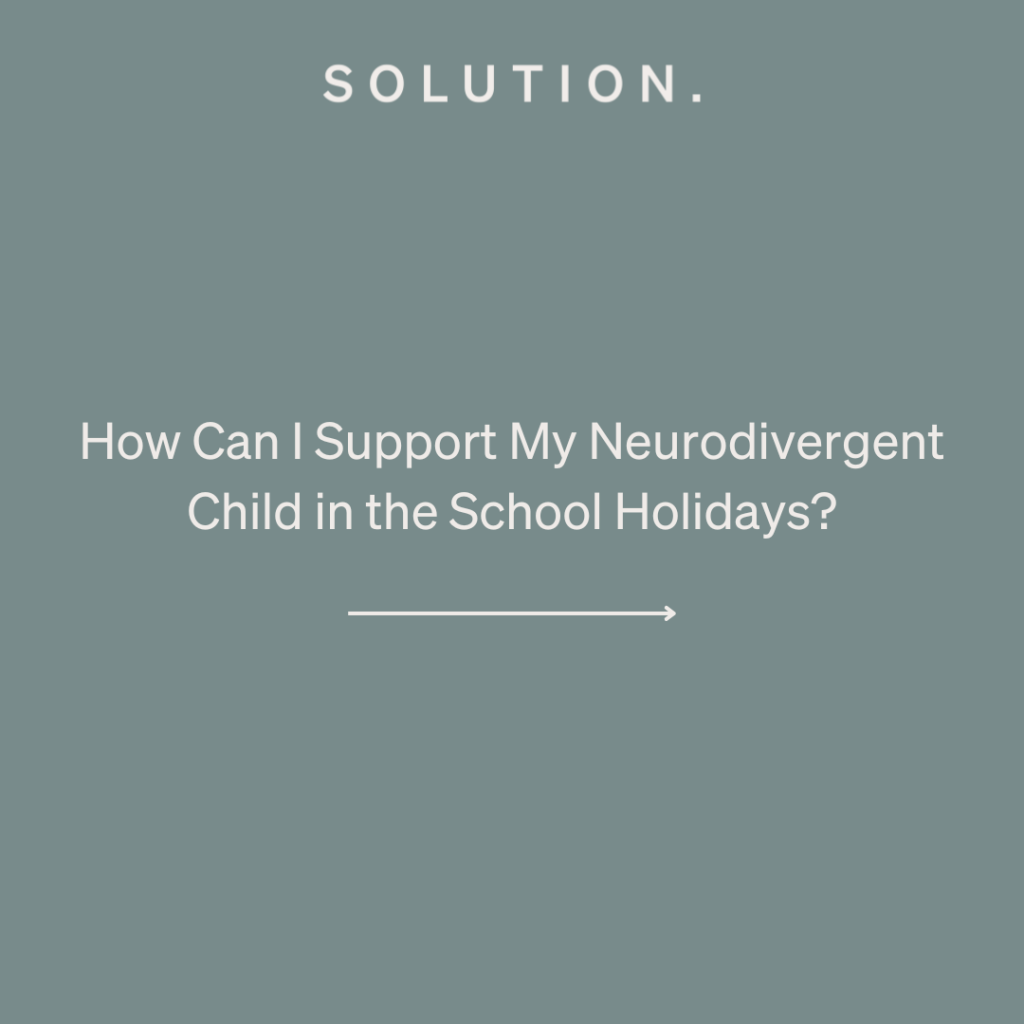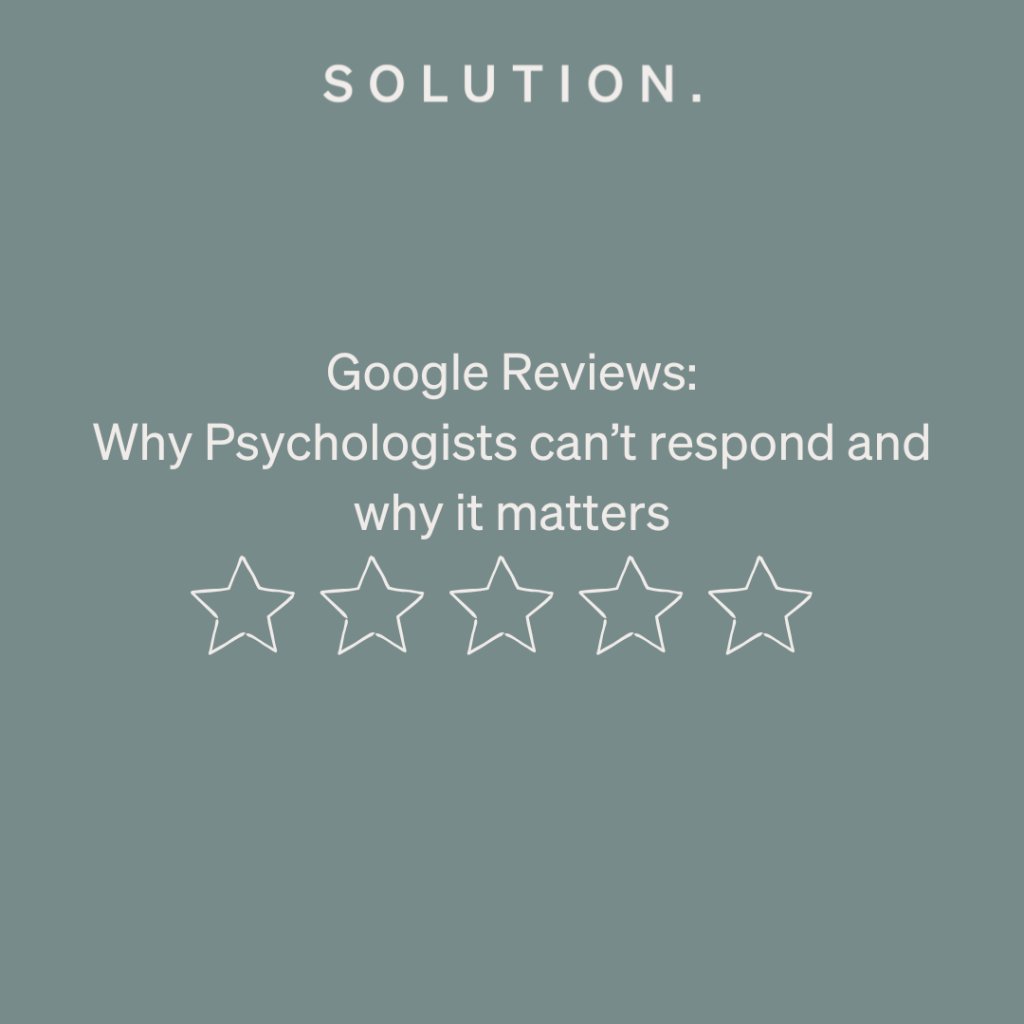If you have ever wondered why staying organised feels harder than it seems for others, or why you can focus intensely on one task but struggle with everyday routines, you might relate to the experiences of adults with ADHD. ADHD is not about carelessness or lack of effort. It reflects a different way of processing information, emotions, and motivation.
A neuroaffirming approach recognises ADHD as a natural variation in brain wiring, not a flaw. With the right understanding and support, adults with ADHD can thrive rather than simply cope.
Adults with ADHD can thrive, not just cope: why this matters
When we look at both neurotypical and neurodivergent experiences, it becomes clear that no brain type is defective. Disability often arises when environments are rigid and built around a single way of functioning. True inclusivity means creating workplaces and communities that value flexibility, offer multiple ways of working, and respect diverse processing styles.
Recognising that you think or operate differently from the majority takes courage. Humans are wired to fit in, and standing apart can feel unsafe. From an evolutionary perspective, belonging meant survival. To say, “I may be different, and I need support,” is an act of bravery and self-awareness.
What Support Helps Adults with ADHD?
Support works best when it is individualised. Many adults benefit from a combination of:
• ADHD-informed therapy: focusing on emotional regulation, executive functioning and self-acceptance.
• Coaching or psychoeducation: to understand how ADHD affects time, memory and energy.
• Medication, when appropriate, is prescribed by a psychiatrist or GP.
• Workplace accommodations: such as flexible deadlines, quiet spaces or written communication.
• Supportive relationships: where collaboration replaces criticism and understanding replaces judgement.
• Community support: including peer or online groups that share lived experience.
Psychologists can help coordinate these supports, reduce overwhelm and guide families or partners in developing communication that lowers shame and frustration.
What is ADHD burnout and masking?
ADHD burnout often appears as exhaustion, irritability, loss of motivation and emotional overwhelm. It usually follows long periods of masking when people work hard to hide ADHD traits to appear “typical.”
Masking can look like over preparing, mimicking others’ behaviour, or pretending to cope when things feel unmanageable. Over time, this can deplete energy and self-esteem. Therapy helps adults recognise early signs of burnout, practise pacing, and reconnect with their authentic selves in safe and affirming ways.
What are some of the daily life challenges for adults with ADHD?
ADHD affects how people manage time, money, and everyday tasks. Difficulties with paying bills, staying on top of routines, or following through on plans are often linked to executive function challenges, not laziness or lack of responsibility.
Strategies such as automatic payments, reminders or breaking tasks into smaller steps can help, but real progress comes from self-understanding. Therapy helps shift the focus from blame to practical support and self-compassion.
What happens when ADHD is Unrecognised or Untreated?
Without understanding or support, ADHD can lead to ongoing disorganisation, impulsivity, financial stress, and strained relationships. Many adults experience anxiety, depression, or low self-esteem after years of being misunderstood.
A comprehensive assessment helps explain why certain challenges occur and provides a roadmap for change. Understanding your brain allows you to move from self-blame to confidence and clarity.
A psychologist can help identify how these traits show up for you and create strategies that work with your brain, not against it.
What does Assessment and Treatment of Adult ADHD involve?
Diagnosis begins with a clinical assessment by a psychologist or psychiatrist. This involves a detailed interview, questionnaires, and background information. Assessment is not about labelling; it is about understanding how your brain works and identifying supports that make life easier.
The most effective approach combines:
• Psychological therapy (CBT, ACT or compassion-focused approaches adapted for ADHD)
• Medication when appropriate
• Lifestyle supports, including movement, and pacing
• Coaching or practical systems that align with your thinking style
When psychology is part of treatment, it becomes more than symptom management. It becomes a journey of self-understanding and acceptance.
How can Psychology and Assessment Help adults with ADHD?
Psychological support and assessment can help adults with ADHD to:
• Understand their brain without judgment
• Identify and use their strengths
• Reduce shame from years of misunderstanding
• Build systems that suit their natural thinking style
• Heal from the emotional toll of burnout and masking
The goal is not to fix ADHD but to create a life that works with it.
Final Thoughts
ADHD is not a lack of discipline. It is a difference in how attention, motivation, and emotion operate. With compassionate assessment and informed support, adults can replace self-doubt with clarity, validation, and self-trust.
If you recognise yourself in these experiences, you are not alone. Understanding ADHD as part of who you are, rather than something to be fixed, can be life changing. A psychologist can help you explore how your brain works, identify your strengths, and build strategies that truly fit you. If you are ready to learn more about assessment or support for adult ADHD, you are welcome to reach out and start that conversation. Solution Psychology can offer compassionate, personalised support to help you harness your strengths, manage challenges, and thrive.



